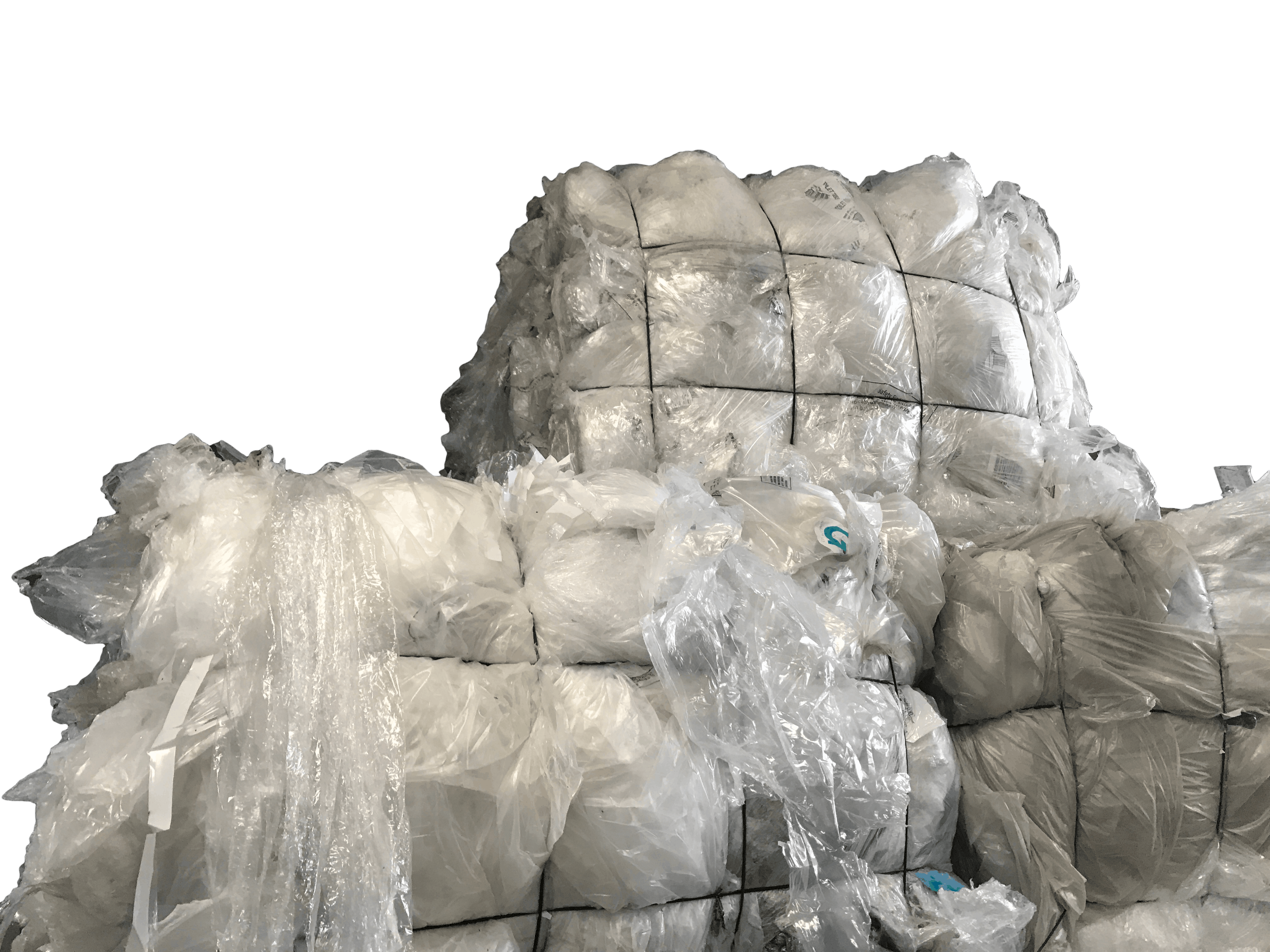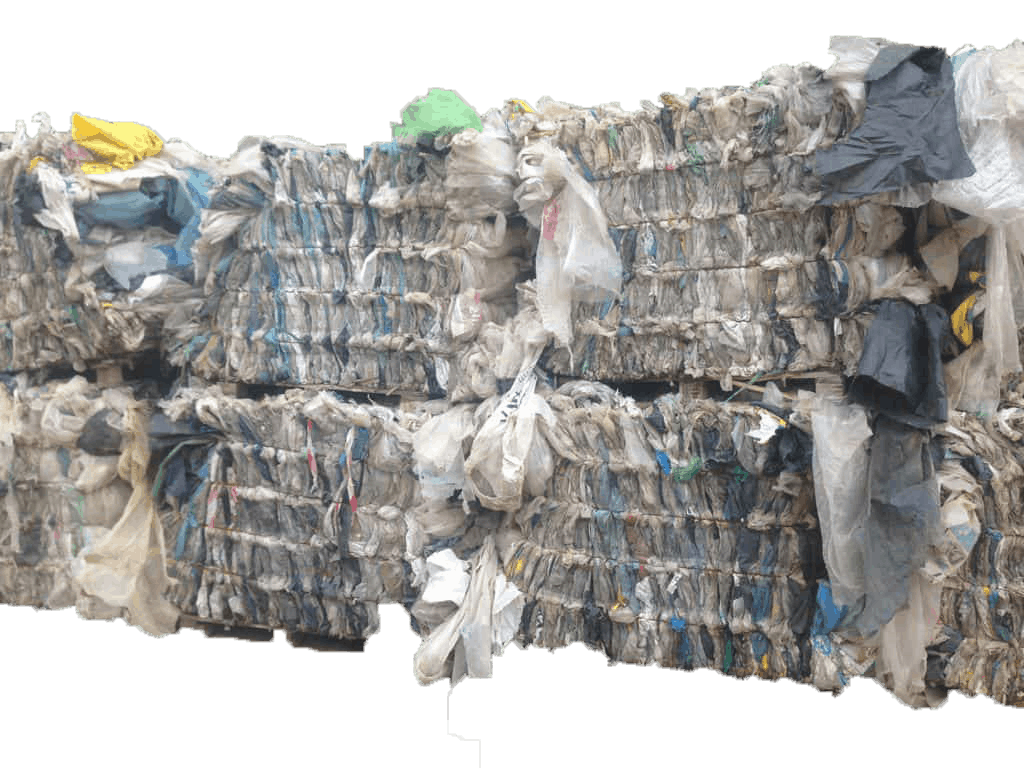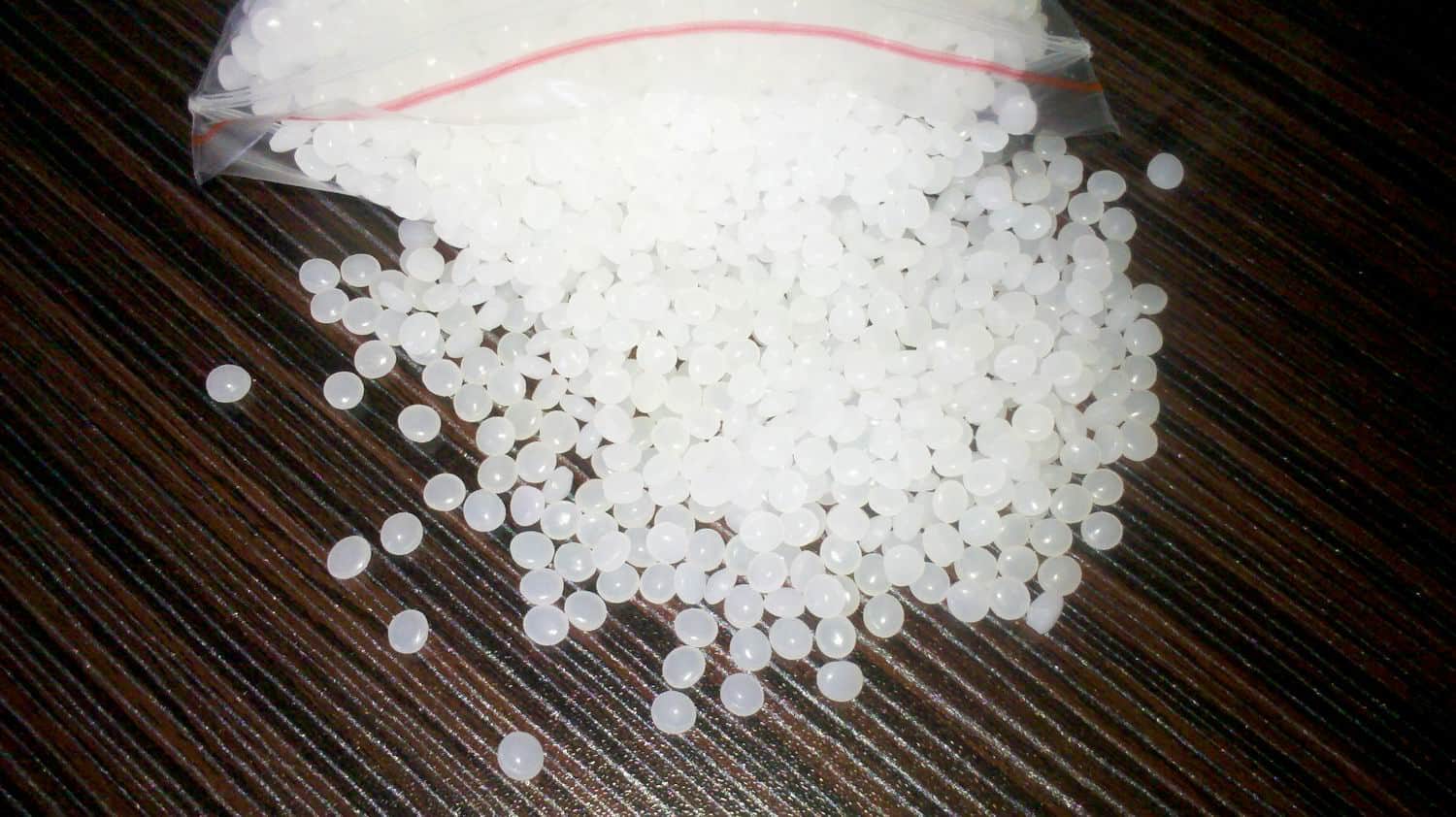Are you in need of LDPE recycling? Are you interested to learn more about the process involved, the benefits and indeed the challenges? LDPE stands for Low-Density Polyethylene. It is worth noting that there is also High-Density Polyethlene. HDPE is a material that is commonly used to produce plastic bottles. In the UK, it is used for everything from milk bottles to shampoo containers and different detergents to name just a few.
HDPE bottles make up around 50% of the total that is put into the product and brought through for recycling. This equates to 150,000 tonnes of plastic! One report in the UK revealed that through 2010, 76% of milk bottles were being recycled.
LDPE is different because this is commonly used as a film, although both HDPE and LDPE may be used for similar purposes in some cases. However, due to the design of low-density polyethlene, it is more difficult to recycle, though not impossible. You just need to make sure that you are selecting the right business that has the technology and equipment for the job. At Plastic Expert, we can process LDPE material with ease and ensure that it does retain its value so that it can be repurposed.
How is LDPE Recycled?
Regardless of what company you choose, the LDPE recycling process will always begin with the collection of the material. Usually, the film will either be collected from farms or it could be moved to a recycling facility from a warehouse. In many cases, the material is contaminated and we will discuss the issues that this brings a little further down. This does mean that it needs to be put through a more rigorous process, which includes intensive cleaning. This guarantees that when the material is processed, it does reach a high standard of purification and ensure that the recycled materials offer the greatest benefits.
Since HDPE film and LDPE film are different, they need to be separated. As well as this, coloured and printed film needs to be divided too. This again helps to ensure that the chances of contamination are eliminated. Labels also need to be separated from the film, which is a straightforward process with the right technology. Once this is complete, LDPE film is then chopped into “flakes.” The plastic will be cleaned again to remove further dirt or contaminants that are still apparent. These are then dried and melted, which ensures that they can be transformed into plastic pellets.


What issues can occur in the LDPE Recycling Process?
We have already deducted that LDPE is recyclable, however, the process is rather complex. One of the issues with LDPE recycling is derived from what it is used for before it ends up at a recycling plant. Indeed, LDPE is commonly used in the agricultural industry and as you can imagine, this means that there is typically quite a high level of contamination. This does mean that the LDPE plastic recycling process is quite extensive and includes multiple steps for both cleaning as well as sorting.
This can mean that the process for recycling LDPE becomes inefficient and costing a lot of money. It can also take more time which means that it takes a higher level of energy. This defeats the purpose of attempting to limit your carbon footprint. Therefore, you need to make sure that you are choosing the right company for polyethlene recycling for your commercial needs.
Once the product is clean, there is another issue that becomes apparent. Typical recycling machines are not suitable for LDPE. The machines for processing and purifying materials have a particular design and LDPE would get stuck. This would cause damage to the machine and disrupt the recycling process while limiting the value of the material. There are however, specialist machines for LDPE recycling that ensure that LDPE can be reduced into small pieces. The pieces then become pellets.
What happens to the pellets produced through the LDPE recycling process?
Once the pellets have been produced, they can be used in a variety of different ways. They may also be mixed with virgin LDPE. The benefit of doing this is that it will provide a higher level of reliability and strength. Some of the products it can be suitable for include:
- Black bin bags
- Irrigation pipes
- Agricultural film
Usually, the items created will be black. It is far more difficult to transform black plastic into a clear material compared to completing the opposite process.
It is important to recognise the potential of LDPE recycling. The material can be used for blow moulding, flame retardant products and anti-slip purposes. LDPE recycling is quickly gaining a high level of traction in the UK. However, there is still a challenge to ensure that the material is decontaminated correctly.

Benefits of LDPE recycling
There are various benefits to LDPE recycling, which ensures reducing the levels of your commercial waste that ends up in landfills. This can also help you eliminate heavy costs while providing more value due to less frequent collections and deliveries of waste. Customers are also keen to ensure that the companies they buy from are doing their part to help the planet. LDPE recycling is one option for large and small businesses alike to ensure they are meeting these standards.
Why choose Plastic Expert?
When you are searching for the right company to recycle your LDPE materials, you need to find a business that has experience and expertise. This is exactly what we bring to the table with a reputable service and a commitment to an efficient solution. We aim to ensure that the materials that you provide are repurposed in a way that maximises their value and ensures the lowest level of decontamination. With cutting edge technology and advanced equipment, our aim is to guarantee that your materials are recycled to the highest possible standards. With our help, you will be able to significantly reduce your carbon footprint.
If you are interested in learning more about LDPE recycling and our LDPE plastic recycling process, do make sure that you contact us today. A friendly member of our team will show you how we can help you recycle this material in a way that is safe and completely cost-friendly.
